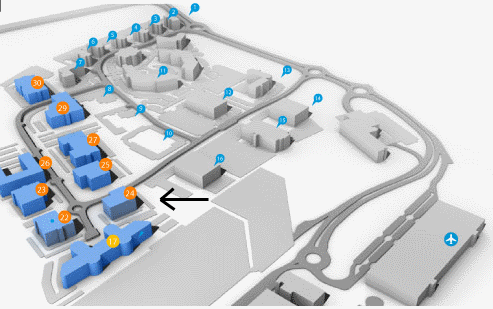Current Size: 100%

- Publications
- Cancer atlases
- Recommendations
NCR books
- Cancer Atlas
- Acknowledgements
- Foreword
- Summary
- 1. Introduction
- 2. Methods
- 3. Non-melanoma skin cancer
- 4. Breast cancer
- 5. Colorectal cancer
- 6. Lung cancer
- 7. Prostate cancer
- 8. Non-Hodgkin's lymphoma
- 9. Stomach cancer
- 10. Melanoma of the skin
- 11. Bladder cancer
- 12. Head and neck cancer
- 13. Leukaemia
- 14. Pancreatic cancer
- 15. Kidney cancer
- 16. Oesophageal cancer
- 17. Ovarian cancer
- 18. Brain and other central nervous system cancer
- 19. Cancer of the corpus uteri
- 20. Cancer of cervix uteri
- 21. Discussion
- 22. Conclusions and recommendations
- Appendix 1: Relative risks (with 95% confidence intervals) by area characteristic, cancer site and sex
- Appendix 2: Electoral division tables
- Appendix 3: Summary statistics for each cancer site
- Appendix 4: Regions referred to in the atlas
- References
- Index of figures, maps and tables
Recommendations
Research
- Areas with unexplained higher than average risk should be studied in detail. Some findings here are of major public health importance:
- The largely unexplained geographical patterns for some of the more common cancers: colorectal, melanoma and stomach cancer;
- The role of H pylori infection, an easily diagnosed and treatable risk factor, in the high rates of stomach cancer in the east and north-west.
- A comprehensive programme of research into already known determinants of cancer risk in Ireland is needed to inform cancer control. Information on modifiable risk factors such as smoking, diet, exercise, alcohol use, medication use, reproductive history and infection, their population prevalence and variation by age, sex, socio-economic status, area of residence, and over time, is essential for an understanding of the cancer burden.
- The aetiology of cancers where risk factors are uncertain requires further investigation, ideally through international collaborations.
- Patterns of healthcare access and utilisation in Ireland, north and south, and how these affect cancer risk, need to be understood.
Risk reduction
- Research is needed into levels of awareness and knowledge of cancer risk factors among the population in Ireland, and how these vary by age, sex, socio-economic status and geographical area.
- Action should be taken to reduce the prevalence of important modifiable risk factors such as tobacco, alcohol, overweight and UV exposure.
- Campaigns and initiatives to help raise awareness of “healthy” lifestyle behaviours (e.g. physical activity) among the public should emphasise the links between lifestyle and cancer.
Data and linkage
- Collection of information on determinants of health (including socio-economic data collected as part of the census) in the population of both countries should be consistent, integrated, systematic and regular.
- Efforts should be made to increase the compatibility of health, risk factor, census and health service utilisation data between NI and RoI.
- Both countries should run regular, comparable, population-based health surveys and make the data available for research. Linkage of this data with other routinely collected data should not be unnecessarily restricted.
- Public health data which is collected with the support of public funding should be made readily available to researchers, with appropriate safeguards.
- Custodians of data relevant to health should be encouraged to clarify the potential for data linkage and the use of this data for the public good should be encouraged by Government policy.
Building 6800
Cork Airport Business Park
Kinsale Road, Cork T12 CDF7
Email Contact us here
Tel: +353 (0) 21 4318014
Fax: +353 (0) 21 4318016
© National Cancer Registry 2024




